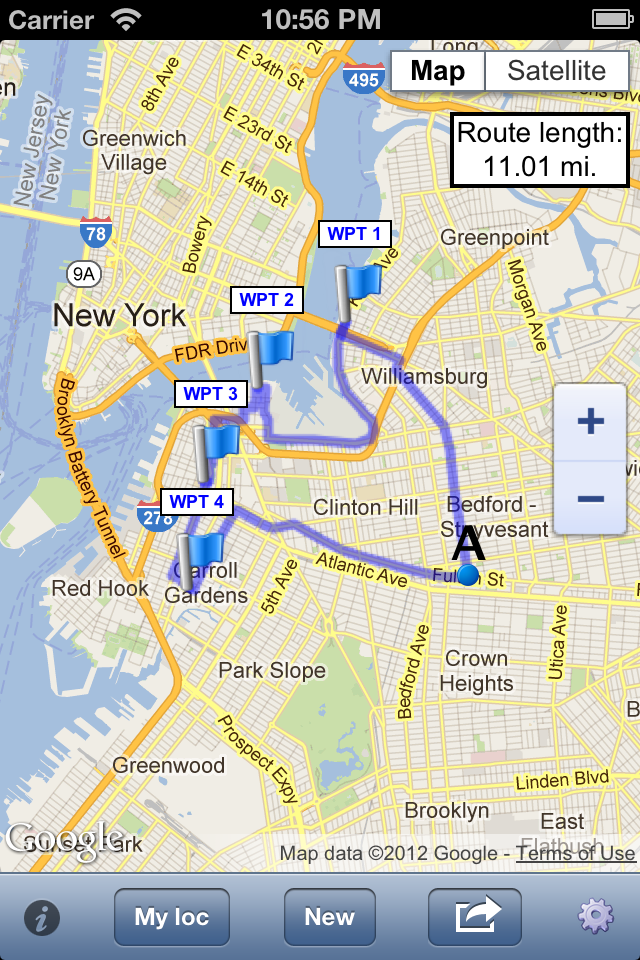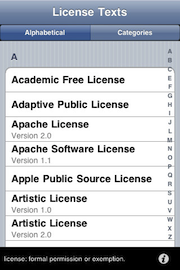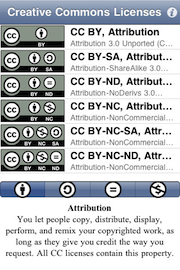Decoding the Cost of Software Development: The Essential Guide

If you're a startup founder, serial entrepreneur, product manager or technical cofounder, you've likely found yourself wondering about the cost of software development. It's a question that can puzzle even the most experienced in the field, given the array of factors that can influence the final figure.
Prices for software development can range significantly, from £10,000 - £40,000 for basic complexity software, to a hefty £75,000 - £180,000 for advanced complexity. But these figures aren't set in stone, with numerous factors potentially driving costs up or down including what software development company you use.
In this blog, we're going to delve into the nitty-gritty of software development costs. We'll explore how much you should expect to shell out for custom software development, what factors could affect this cost, and what hidden costs you should be considering in the software development process.
Key Takeaways
-
The costs of software development can vary greatly, from £10,000 - £40,000 for basic software, up to £75,000 - £180,000 for complex software. Numerous factors can influence these costs.
-
The complexity of your software, type of technology and tools employed, the team's expertise and the scope of the project all play significant roles in the final cost.
-
The structure of the team and the cost of each task are also crucial considerations in the overall software development budgeting.
-
Cost breakdowns should reflect daily or weekly probable expenses for resources or a development team. Understanding the structure of these costs is key to outlining a realistic budget.
-
Costs can also be influenced by the type of software development project, be it new software development, software modifications, software integration, web development, or SaaS application development.
-
When estimating costs, project uniqueness, complexity, resource expertise, and scope creep are crucial considerations.
-
Hidden costs associated with software development should also be factored in, including ongoing maintenance, training, infrastructure, legal, advertising, hosting, and security costs.
Factors Affecting Software Development Costs
Grasping how much it costs to develop software isn't as straightforward as you might expect. There are numerous factors that can cause the final figure to fluctuate significantly. Let's delve into some of these aspects.
The first variable is the complexity of your software. Simple or basic complexity software, with minimal features, can cost you anywhere between £10,000 and £40,000. However, for more advanced software with intricate functionalities, you can expect the price to hover between £75,000 and £180,000.
Here's a helpful breakdown of software development costs based on complexity:
|
Complexity Type |
Cost Range (£) |
|
Basic Complexity |
10,000-40,000 |
|
Average Complexity |
45,000-60,000 |
|
Advanced Complexity |
75,000-180,000 |
Bear in mind, this isn't a rule set in stone. Numerous factors can cause these numbers to shift drastically.
Next, let's look at the type of technology and tools used in the development process. Using cutting-edge technology or specialized tools can escalate the price. Additionally, the talent of the development team also plays a significant role - the quality and speed of the work they deliver can both save or inflate costs.
One crucial cost driver often overlooked is scope creep. Sometimes, initial product requirements evolve as development progresses. These changes can impact both the timeline and the budget as they often necessitate additional resources or skills.
Finally, every task in the software development cycle has a cost - from project management to quality assurance; all of these take time, effort and hence, add to the cost.
It's clear that many moving parts determine the final cost of developing software. It's crucial to factor in all of these elements when budgeting for your software development project.
Understanding the Cost Breakdown
Ever wondered how much does it cost to develop software? Let's delve into it. Breaking down the cost, it's useful to consider the probable expenses on a daily and weekly basis. As a rough estimate, imagine allocating around £1000 per day for a developer or around £10,000 per week for an entire development team. It's worth noting that several factors come into play when determining pricing of technical resources and a development team. Experience, role, team size, and location can all influence the final cost, indicating that these figures serve merely as a starting point for your budget estimations.
Your next thought might be, "If my project team isn't working full-time, why am I paying for them as though they are?" That's a legitimate concern. But it's important to remember that you're not actually paying for a full-time project team. The cost is broken down based on the amount of work each team member completes for the project. A tester's load, for example, is usually quantified as a percentage of the entire project, and their cost is based on that percentage.
Moreover, if a project demands a team, what you're essentially paying for is a diverse range of skills. Thus, you're getting access to premium expertise at a fraction of the cost as you're only fronting payment for a part of each member's time.
The scheduling and maintenance of a dedicated team also play a crucial role in project execution. Constantly stopping and restarting a project can stall momentum and jeopardise efficiency, underlining the importance of having an ongoing designated team.
The most straightforward estimation of project cost aligns with the formula: Project Resource Cost x Project Time = Project Cost. However, complicating factors come into play. Some team members may take on multiple roles and not all resources are required full-time. Once architects and UI/UX personnel finish their tasks, for example, they needn't maintain a full-time presence in the project.
By understanding this cost breakdown, you're one step closer to outlining a realistic budget plan for your software development projects.
Types of Software Development Costs
Understanding how much it costs to develop software heavily hinges on the type of project. Different projects require different skills, and your project might demand more user interaction. User categories, profiles, or just a more hands-on approach overall can ramp up your development costs quickly. Thus, it's key to recognise your project type:
-
New software development: A pioneering venture, building from square one.
-
Software modification: Improving existing software with minor tweaks or overhauls.
-
Software Integration: Merging individual software systems into a seamless, unified whole.
-
Web development: Crafting online interfaces and experiences.
-
SaaS application development: Building cloud-based, on-demand software platforms.
Consider, too, the kind of app or service you need. A project built from scratch will cost you more than one needing minor tweaks. And should your project fall under SaaS, expect potentially higher costs due to the complexity involved.
To provide a clearer picture, here are the average costs for various software development projects:
|
Project Type |
Costs |
|
Static website with no custom functionality |
£10,000 |
|
Simple mobile app |
£20,000 |
|
Web application with basic features |
£50,000 |
|
Custom enterprise software |
£100,000 - £1 million |
Further, the cost of custom software development can be divided into different components:
|
Stage |
Cost |
|
Initial planning |
£1,000 - £5,000 |
|
UI/UX Design |
£5,000 - £10,000 |
|
Development and Coding |
£10,000 - £50,000 |
|
Testing & QA |
£5,000 - £10,000 |
|
Deployment and Launch |
£1,000 - £5,000 |
The takeaway here is that plotted properly, your software development journey should account for varied costs across multiple stages. These potential costs are where your focus should be when budgeting for a software development project.
How to Estimate Software Development Costs
When you’re keen to know how much does it cost to develop software, understanding several key aspects can give you a clearer idea. Let's unpack the pieces of the cost estimation puzzle.
First, recognise that each software project is as unique as your requirements. There isn't a one-size-fits-all formula that works seamlessly across every scenario. But don't worry, we've identified three major components that commonly affect a project's cost and timeline.
Your first point of exploration is the complexity of the software. A more intricate system that relies on advanced technologies and integrates multiple features is likely to cost noticeably more than a basic application. Your budget should factor in these complexities from the outset.
Next, turn your attention to the talent driving your project. A more seasoned and skilled team might have higher upfront costs. Yet it's worth considering that their expertise could lead to more efficient work, potentially offsetting those initial outlays over time.
Finally, don't forget to account for possible scope creep. The cost of software development can skew if your project's goals and expectations shift during the process. Setting clear, fixed objectives from day one may help mitigate these unexpected price hikes.
So, when you sit in a sales meeting, peppering questions like how much, and how long, remember to consider these factors. Software development cost estimates can vary, but understanding these points can peel back the curtain of that process for you.
You're not just looking at raw numbers. You're considering the variables that drive those figures. With this comprehensive perspective, you're well-equipped to find a fitting solution within your budget and timeline expectations. And remember, the perfect software development project isn't just possible, it's a goal you're now better prepared to realise.
Hidden Costs to Consider in Software Development
In your pursuit to determine "how much does it cost to develop software?", it's critical to consider hidden costs that can creep up unexpectedly. These may include unexpected maintenance or support costs, training costs, or even development extras you hadn’t initially considered. On top of all this, you may face legal, advertising, hosting and security related expenses. Believe it or not, these costs are just as important as your initial software development price and should have a designated place in your budgeting plan.
One notable hidden cost is maintenance. Post-launch, your software may need regular updates to fix bugs, introduce new features, or simply match up with rapidly changing technology trends. Curiously, these maintenance costs can range up to 20% of the total project cost, per year. That's a significant portion of your software development budget that should not be overlooked.
Then there's the cost of training. To fully exploit the features and benefits of your newly developed software, your team will need training. Depending on the complexity and uniqueness of the software, the training cost can vary. This isn't something you'd think about immediately in your quest to answer "how much does it cost to develop software?", but it's an essential aspect of your overall investment.
Finally, consider the costs of infrastructure. Depending on your individual software, you may need to factor in things like server costs, cloud storage prices, and even the expenses related to creating backups. These are constant expenses, recurring monthly or annually, that can add up to a significant sum in the long run.
By considering these hidden costs, you'll gain a holistic understanding of not only potential software development prices but also ongoing costs that could impact your budget greatly. Understanding these costs early in the process can empower you to plan your resources effectively, enabling you to create top-notch software without breaking the bank.
Final Thoughts
So, you've seen that software development costs aren't just about the initial outlay. You've got to factor in the complexity of the software, the tech and tools, the team's talent, and the ever-looming scope creep. And let's not forget those hidden costs that can sneak up on you.
It's clear that each project is unique, and there's no magic formula to spit out the exact cost. But by considering all these factors, you can get a clearer picture of your potential investment. So, next time you're budgeting for a software development project, remember to look at the whole picture. It'll help you avoid those unexpected price hikes and keep your project on track.






